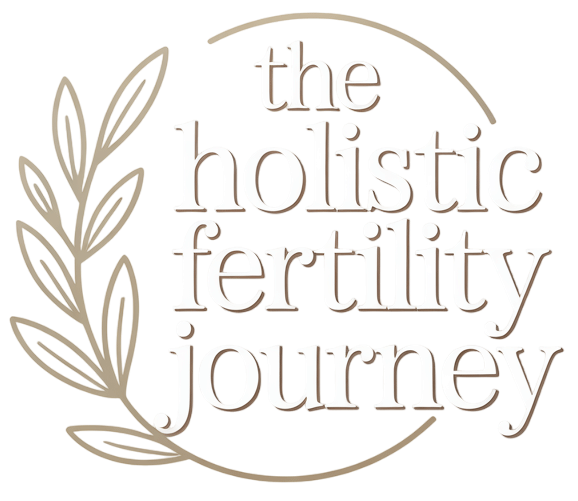Selenium and Fertility: The Unsung Mineral Supporting Your Path to Pregnancy
Selenium is one of those minerals you might not think about much — but in the world of fertility and reproductive health, its role is quietly powerful. Found naturally in soil and accumulated in certain foods, selenium functions primarily as an...
